Co-living with the Coronavirus!
Should the Coronavirus stop you from Co-living?
Co-living can be very rewarding; the asset-light lifestyle that comes with a fully equipped private room, furnished with all the amenities you need without extra financial burdens on your end. Taking the leap to live in a co-shared space, however, requires courage; to adapt to strangers’ ways of lives and to maintain a cohesive space for everyone takes a lot of effort and time.
It can be especially daunting and challenging when on top of adapting to the idea of co-living, comes the threat of an easily spread community virus, the Coronavirus, also known as COVID-19.
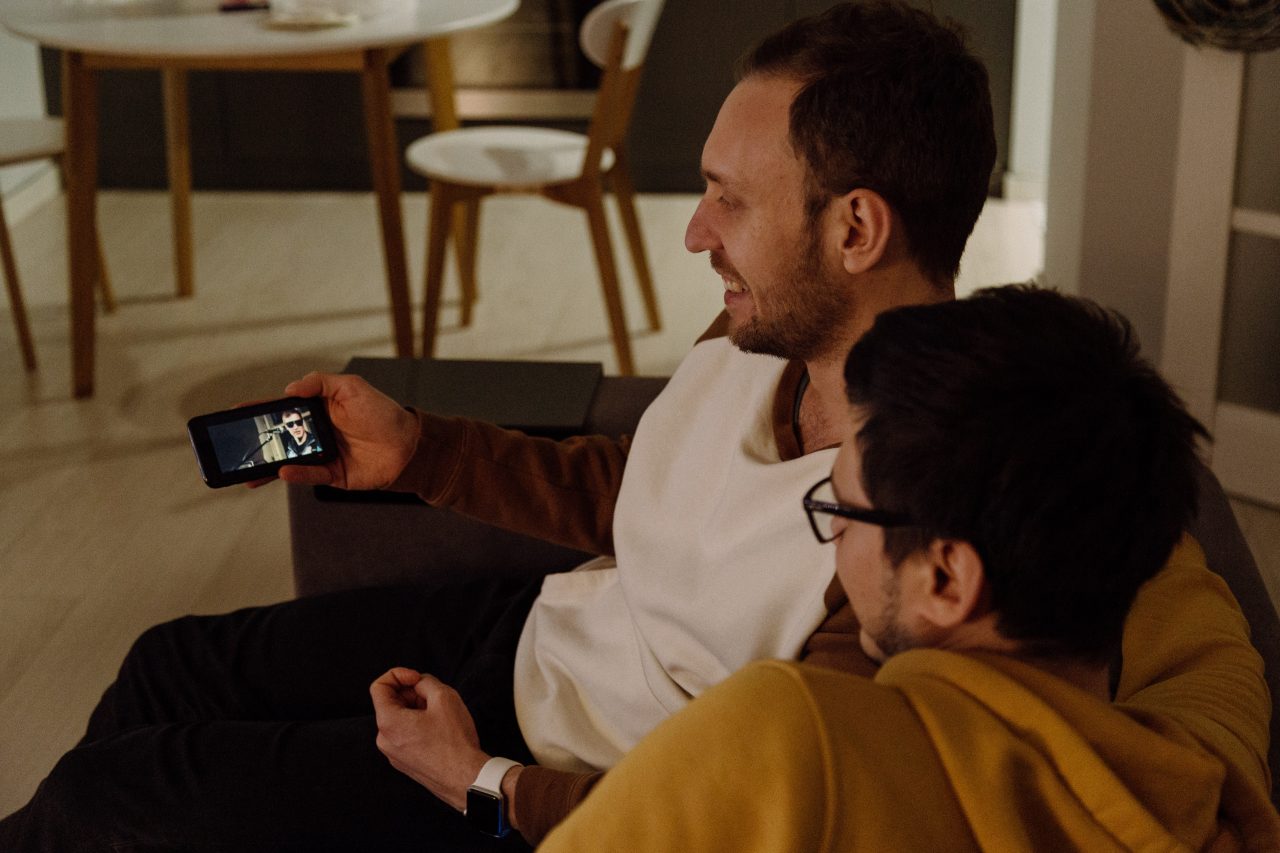
You may have heard all about COVID-19 with how rampant it was in Singapore when the virus was first detected on our sunny island back in late December 2019. While the increase in cases is starting to slow-down, it is not an excuse for anyone to double down on their efforts in keeping the virus at bay.
This is especially important when you live in a shared space where a person’s actions can trigger a domino effect on the rest.Now, let us first dive into a clearer look at what is COVID-19, how can you prevent it, and why it is something not to take lightly.
What exactly is COVID-19?
According to Singapore’s Ministry of Health (MOH), coronaviruses are a large family of viruses causing illnesses ranging from the common cold to pneumonia. COVID-19 is a new strain from the coronavirus family that had been identified in Wuhan, China. It has caused cases of severe pneumonia in China and cases have since been exported to other countries and cities.
How can COVID-19 spread?
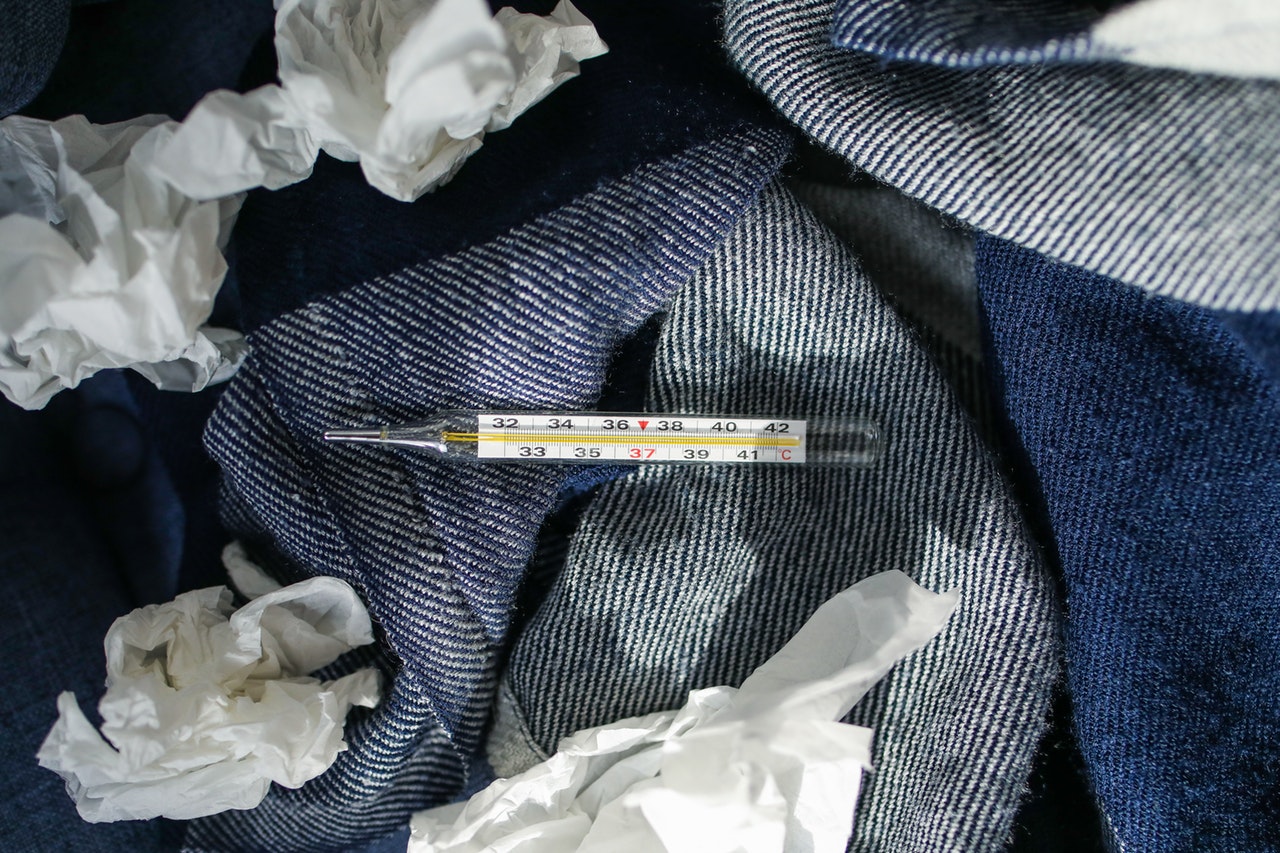
Evidence has suggested that person to person transmission of COVID-19 happens mostly via droplets. The virus is believed to be carried within droplets emitted from an infected person over a short distance.
When these virus-laden droplets come into contact with the eyes, nose or mouth of another person directly, or indirectly through hands that have touched these droplets, the other person may become infected. These human to human transmissions are most likely to happen when the infected person sneezes or coughs, without a mask that keeps the droplets away from people who are near them.
How can I spot COVID-19 symptoms?
The symptoms of a COVID-19 infection are similar to that of regular pneumonia, which made it more challenging for a regular person to realize that they are carrying the infectious virus. The typical symptoms include fever, cough and shortness of breath.
So…do we have a cure for COVID-19 yet?
As COVID-19 is a new strain from the coronavirus family, there is no proven specific medication, treatment, or vaccine yet. Supportive treatments such as antibodies are given based on each patient’s clinical condition.
Wait, if there are no cures right now, does it mean people are dying?
According to the MOH’s press release, there are a total of 166 COVID-19 cases in Singapore, with 90 patients already recovered and discharged (accurate as of 11 March). At the moment, the country has zero deaths and most of those who are still in the hospital are stable and improving.
The authorities have also suggested that based on the available information currently, COVID-19 can cause death in 2-3% of the infected patients. The elderly and those with underlying health problems, such as the diabetics, patients with heart diseases or high blood pressure, or compromised immune systems are the ones who are most at risk
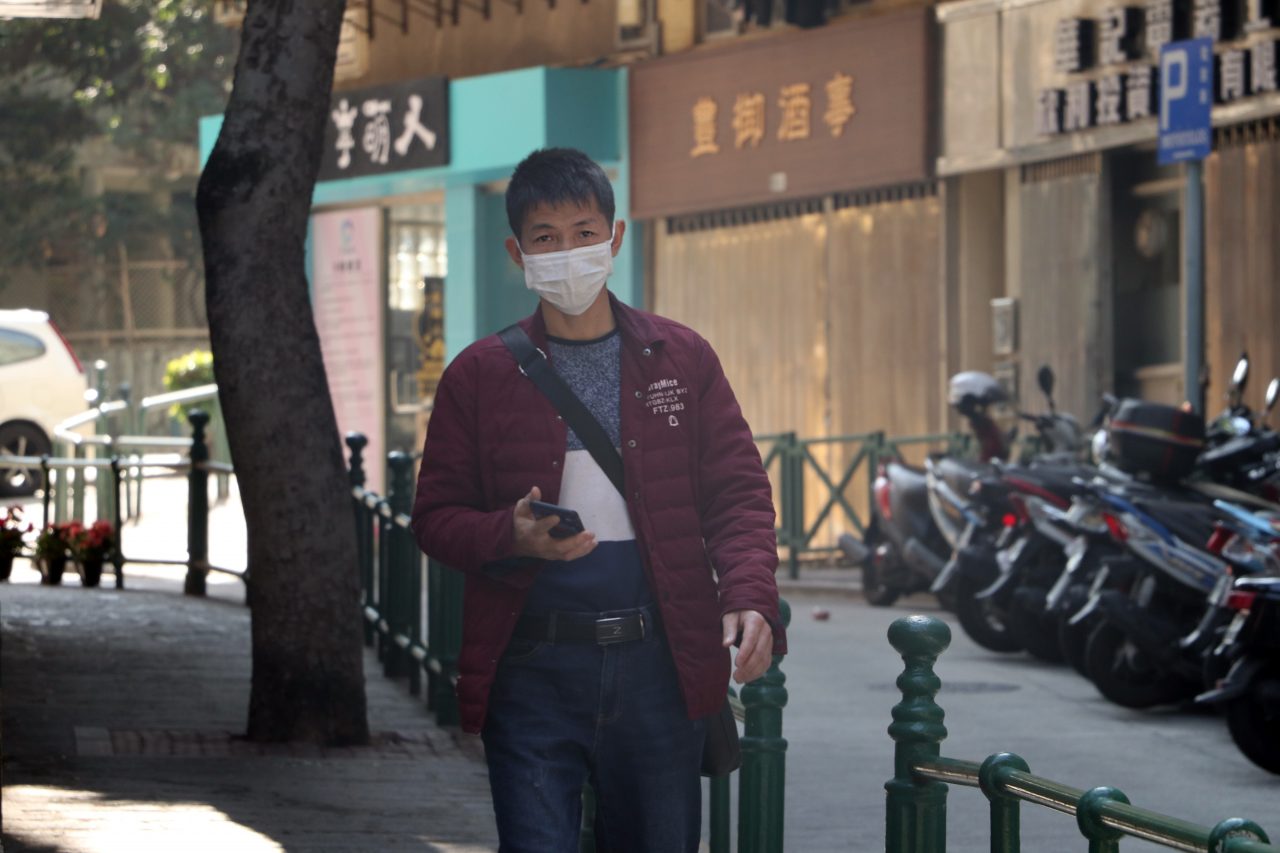
Now that you have the basic information about COVID-19, how can you apply this knowledge to your current co-living arrangements? What are some of the health and safety tips that we can apply to our everyday lives? How to prevent yourself from being exposed to the risk of catching COVID-19?
Wear a mask if you are sick
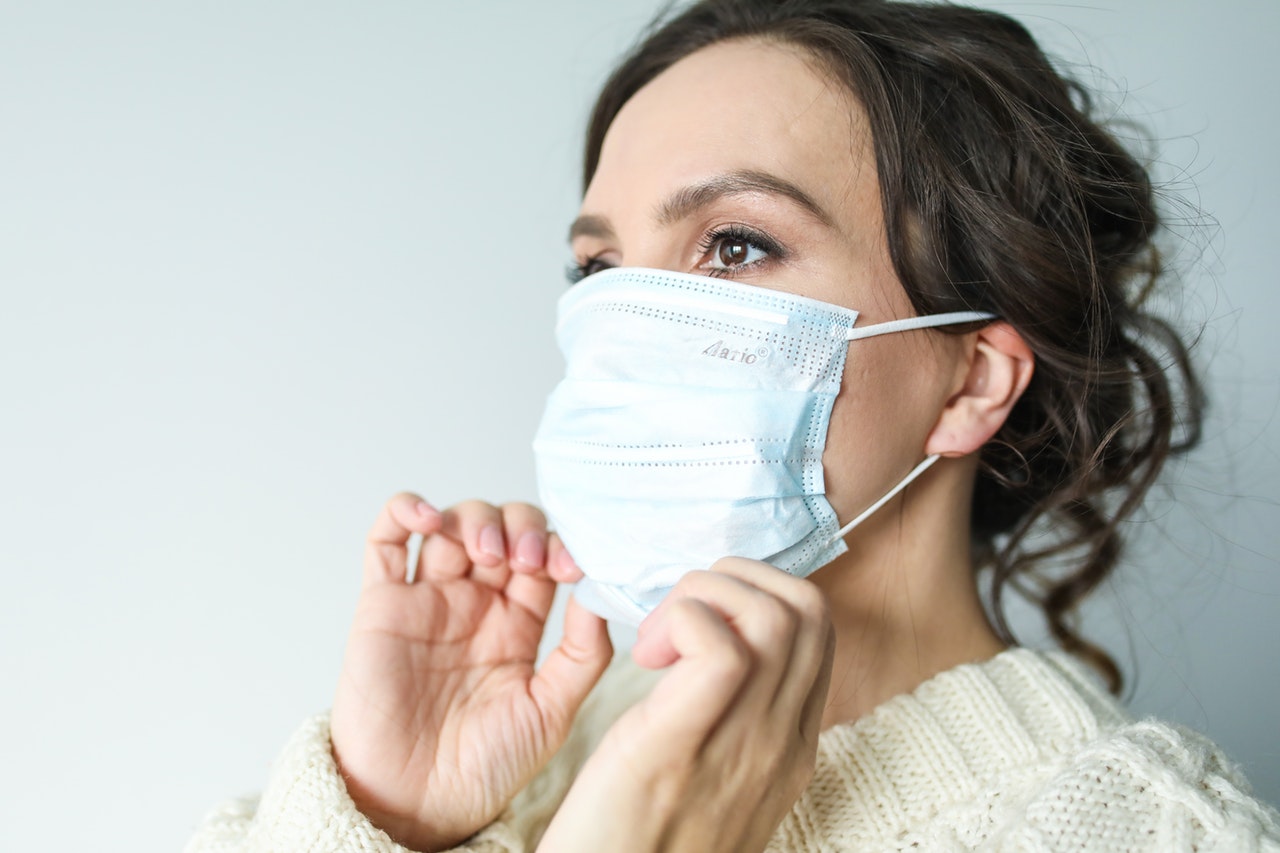
MOH states that for the general public who are not having any of the COVID-19’s symptoms, there is no need to wear a mask. However, for those who are feeling unwell, you must wear a mask.
To put it bluntly, wearing a mask will protect other people when you cough or sneeze. The mask can trap those droplets and prevent them from spreading and disseminating to the people around you, hence decreasing the risk of infection.
In a co-living space, being a responsible co-tenant and wearing a mask even at home if you are feeling unwell will be very much appreciated by your fellow residents. Do what you hope others would do for you if they are in the same predicament.
Seek a doctor if your symptoms persist
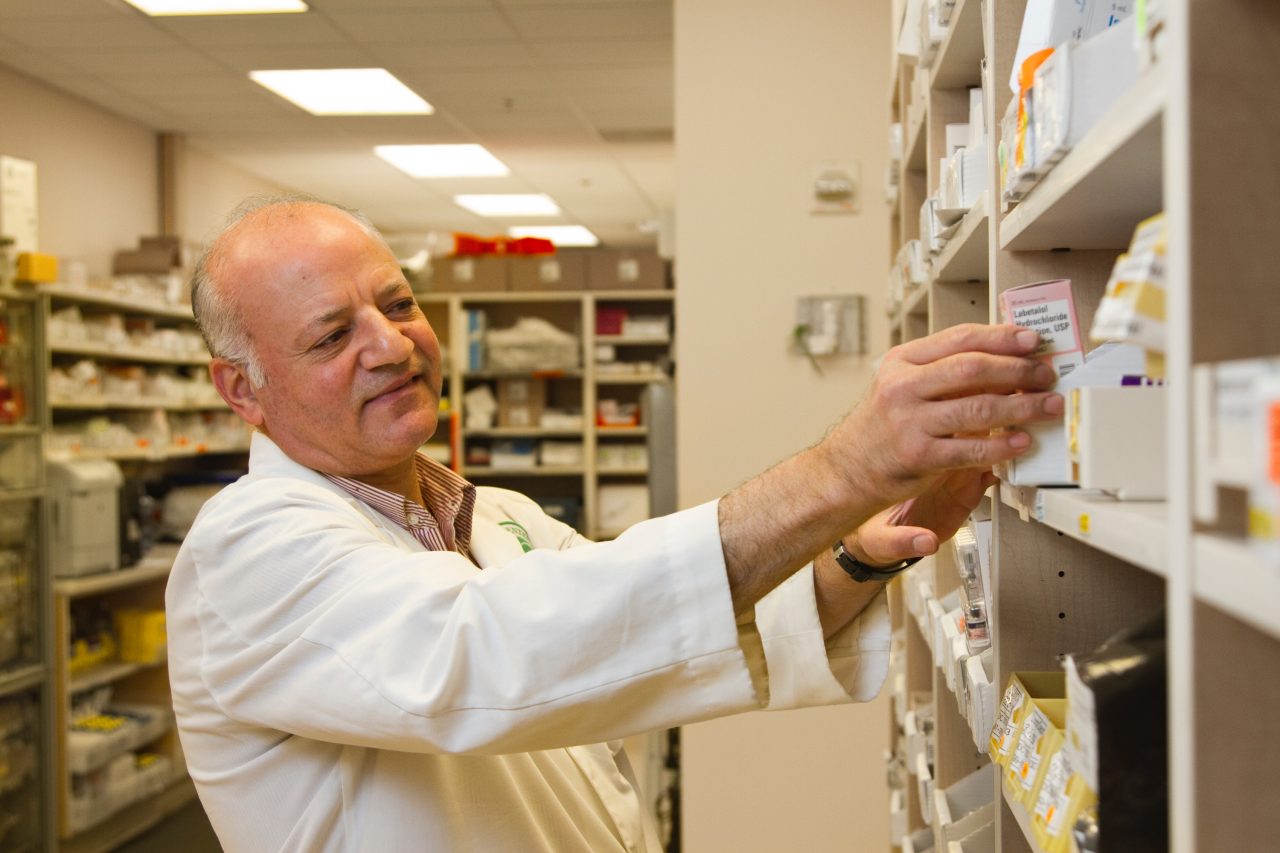
Rather than wait it out, if you have been coughing, sneezing, or having a fever for more than three days, go to a doctor immediately. In the meantime, avoid going out to work or attend social gatherings to decrease the risk of spreading any illnesses.
In a co-living environment, minimize the time you spend out of your room. Seek out co-tenants to help you purchase your meals and have them placed outside your room so you can take it in to consume. Minimize touching of shared spaces and amenities, and keep a mask on at all times.
Wash your hands once you stepped into the co-living space
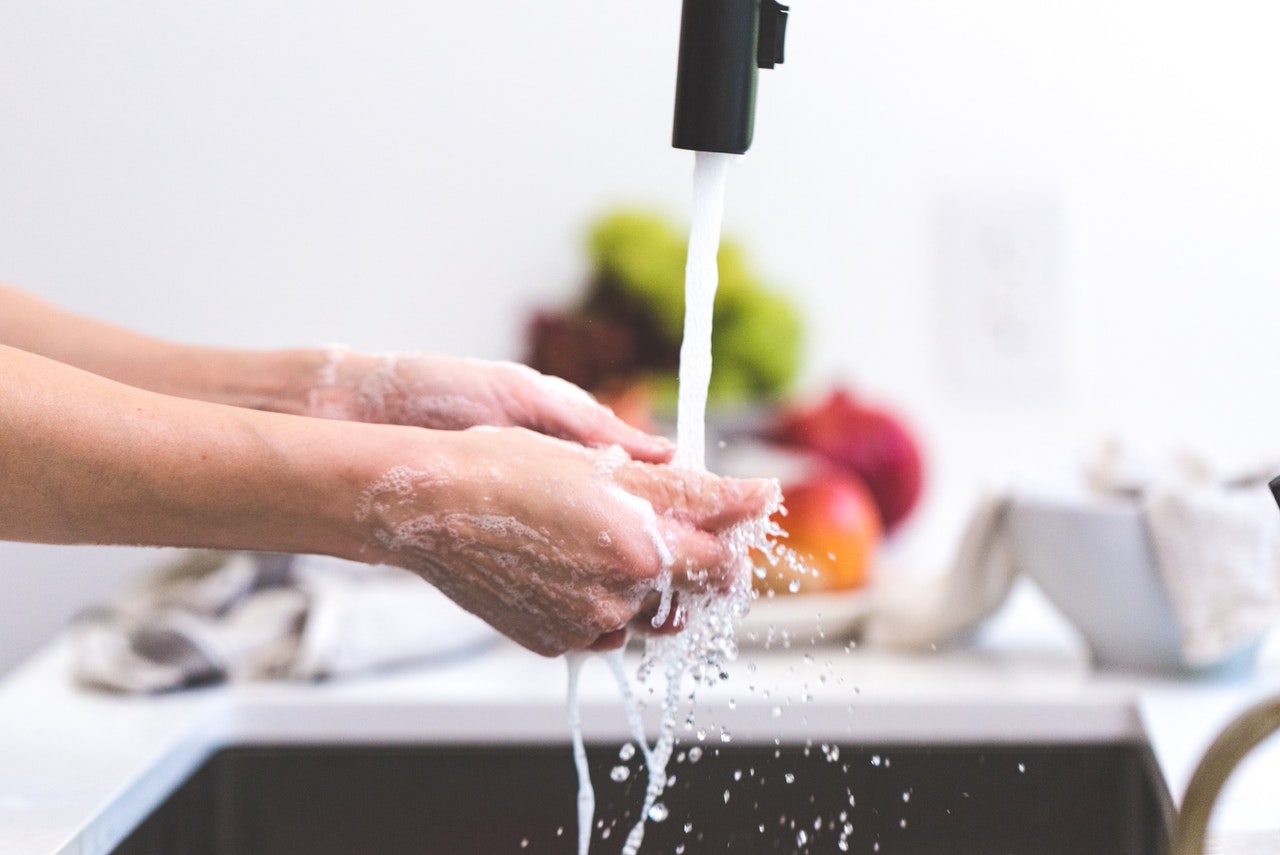
Coming home from work or after a day out? Before doing anything else, head to the toilet to wash your hands with soap. According to the US Centers for Diseases Control and Prevention (CDC), washing your hands with soap and water for 20 seconds is the best way to kill and prevent the spreading of COVID-19.
When you are co-living with others, among the other tips we could give you, basic cleanliness is one thing that should not be neglected. You would not want to touch things, such as the fridge, that is touched by a fellow resident who had not washed their hands after a whole day out, would you?
Avoid bringing friends into the apartment
While you know that you are not in close contact with people who have come from the high-risk countries, you do not know if your friends might have. Bringing them into the shared living space will expose your fellow residents to unneeded risk.
For the sake of everyone’s health and safety during this critical period, be responsible and meet anyone you want to meet out of the house.
Stay healthy

The easiest way to get yourself out of harm’s way is to maintain good health during this critical period. Get ample exercise, eat in moderation, take your daily servings of vegetables and fruits, and loading up on vitamins will help to strengthen your immune system to fight off other illnesses that can compromise your overall health.
Regardless of whether we are threatened by COVID-19 or not, the rule of thumb when it comes to co-living is don’t do unto others what you don’t want done unto you. Living with others can be fun and exciting, as long as you have a little more self-awareness and understand the etiquette of co-living. Check out these amazing co-shared apartments where you can take the leap to this life-changing experience:



